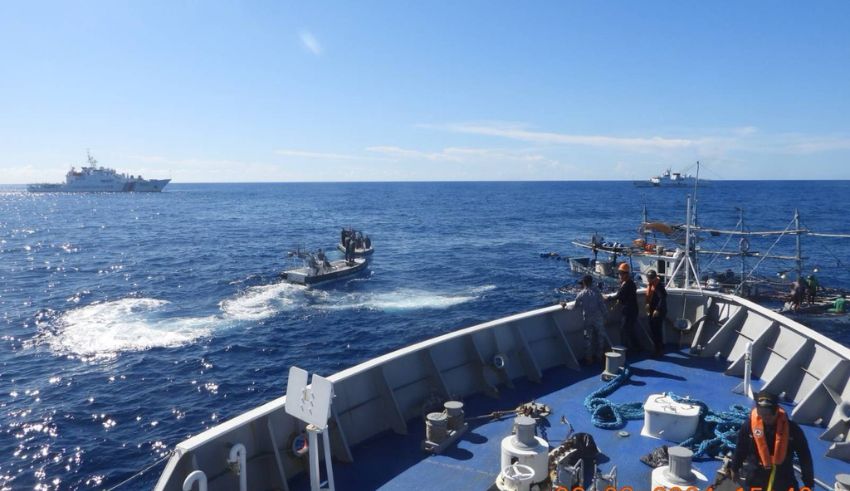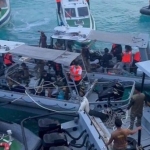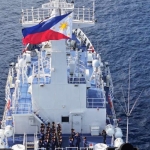
A recent confrontation involving Chinese coast guard vessels and Philippine naval boats at the Second Thomas Shoal gained international attention among growing tensions in the South China Sea. Political experts predict that this occurrence might hint to China’s more general geopolitical goals, particularly concerning Taiwan. This editorial looks at the implications of this conflict and how it could affect regional stability.
Background: Second Thomas Shoal Contested Viewpoint
As long-standing area of conflict between China and the Philippines in the South China Sea causes growing tensions, the Second Thomas Shoal have been seen Chinese coast guard ships have utilised aggressive tactics including ramming and boarding Philippine navy boats in an effort to establish control over the peninsula.
Strategy Calculations Made by China
China’s activities at the Second Thomas Shoal reflect its aggressive stance to territorial disputes. Strong measures taken against Philippine military personnel clearly indicate China’s commitment to safeguard its strategic interests in the South China Sea.
Political analysts believe China’s more general strategic calculus, which include its efforts in Second Thomas Shoal, reflects its more overall ambitions. Viewing Taiwan as a renegade province, China aspires to unify it with the mainland; seeing the South China Sea as a proving ground for military operations that might be utilised in a future Taiwan confrontation, it views The stalemate underlines China’s readiness to employ military strength to create regional dominance and fulfil territorial ambitions.
Keep Reading
Results Regarding Regional Stability
The escalation at Second Thomas Shoal raises already high regional tensions. Neighbours Vietnam, Malaysia, Indonesia, and close observation of events worries about additional military escalation and its effects on regional security and stability.
The decision of the Philippines not to apply its mutual defence agreement with the United States raises questions about security responsibilities and regional alliances. While the United States remains committed to observing international maritime law and supporting its friends in the South China Sea, Manila seeks to avoid open confrontation.
In the end, bargaining a fragile future
Concern rises worldwide as China keeps annexing land in the South China Sea. The collision at Second Thomas Shoal reminds us very strongly of the delicate balance of power and the likelihood of violence in the surroundings. Though the immediate effects on regional stability and global security are significant, it is yet unknown if this incident marks a more major clash. Diplomatic efforts and international communication are absolutely vital for keeping peace in the South China Sea and beyond and for controlling tensions.




























